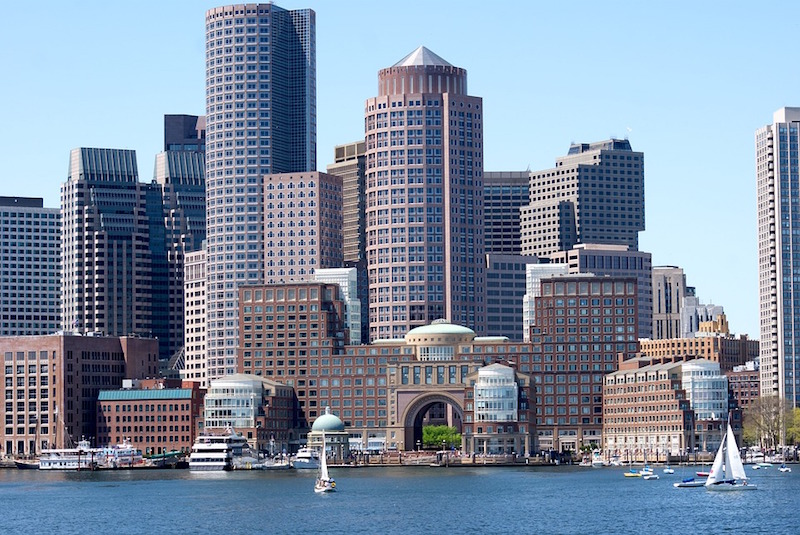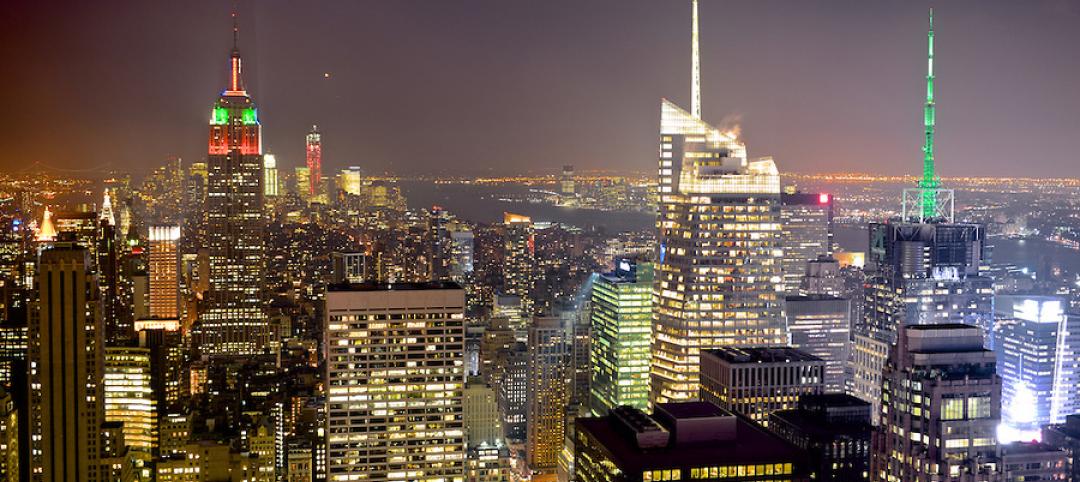Boston Mayor Marty Walsh is among those catching heat from critics of a proposed 775-foot residential and commercial tower that requires a change in a state law restricting structures from casting shadows on the city’s historic common.
Walsh wants to sell a city-owned parcel containing a parking garage east of the common to a developer. Walsh wants the state legislature to modify a 1990s-era law to allow the transaction to go forward, but public criticism is running high.
Supporters of the current law, such as the Friends of the Public Garden, are concerned that a change in the legislation would open the floodgates for similar projects in the area. The brouhaha over shadows cast by high rises highlights the difficulty of getting residential sky scrapers permitted in densely packed cities.
A columnist in the Boston Globe wrote, “The obsession with shadows on Boston Common is ridiculous.” He added that the garage is an eyesore, and the project would help alleviate a shortage of housing in the city. Former governor and presidential candidate Michael Dukakis was among those expressing reservations about changing the law.
Related Stories
| Dec 20, 2012
China to build sustainable city for 180,000 from scratch
A 120-million sf urban development in China will be designed according to high green standards for about 180,000 residents.
| Dec 20, 2012
Air duct trade group urges maintenance, restoration professionals to avoid chemical cleaners
The National Air Duct Cleaners Association (NADCA) urges professionals to avoid using chemicals as a method for cleaning and maintaining air duct systems.
| Dec 20, 2012
Valencia College shifts from LEED to Green Globes on new project for more flexibility
The Lake Nona campus of Valencia College in Florida shifted its sustainability standard to Green Globes largely to be able to use a bipolar-ionization system to treat its indoor air -- something LEED didn't allow.
| Dec 20, 2012
LEED-certified schools don’t have to cost more to build, save average of 33% on energy
On average, green schools use 33% less energy and 32% less water than their conventional counterparts, and save $100,000 per year on direct operating costs, according to the U.S. Green Building Council.
| Dec 13, 2012
New OSHA initiatives on tap at AGC safety and health conference
More than 150 industry professionals will discuss the development of regulatory and legislative activity on national and local levels at the Associated General Contractors of America’s health and safety conference.
| Dec 13, 2012
So-called fiscal cliff is already affecting construction jobs, AGC finds
In November, the construction industry shed 20,000 jobs and its unemployment rate reached 12.2%, according to an analysis by the Associated General Contractors of America.
| Dec 13, 2012
New York City poised to enact recycling mandate for multi-family dwellings
New York City lags behind other large cities in recycling with only 15% of residential trash being recycled. A new bill passed by the City Council aims to improve the rate by changing how new apartment buildings are constructed.
| Dec 13, 2012
Pima County, Ariz. officials say improved code enforcement scores will help lower insurance bills
Insurance Service Office, Inc. (ISO) recently analyzed building codes and enforcement and found that Pima County, Ariz., consistently outscored comparable jurisdictions in Arizona and the nation.
| Dec 13, 2012
D.C. aims to be a green leader with new building codes
The District of Columbia has released a revised set of building codes to make it a leader in green construction.















